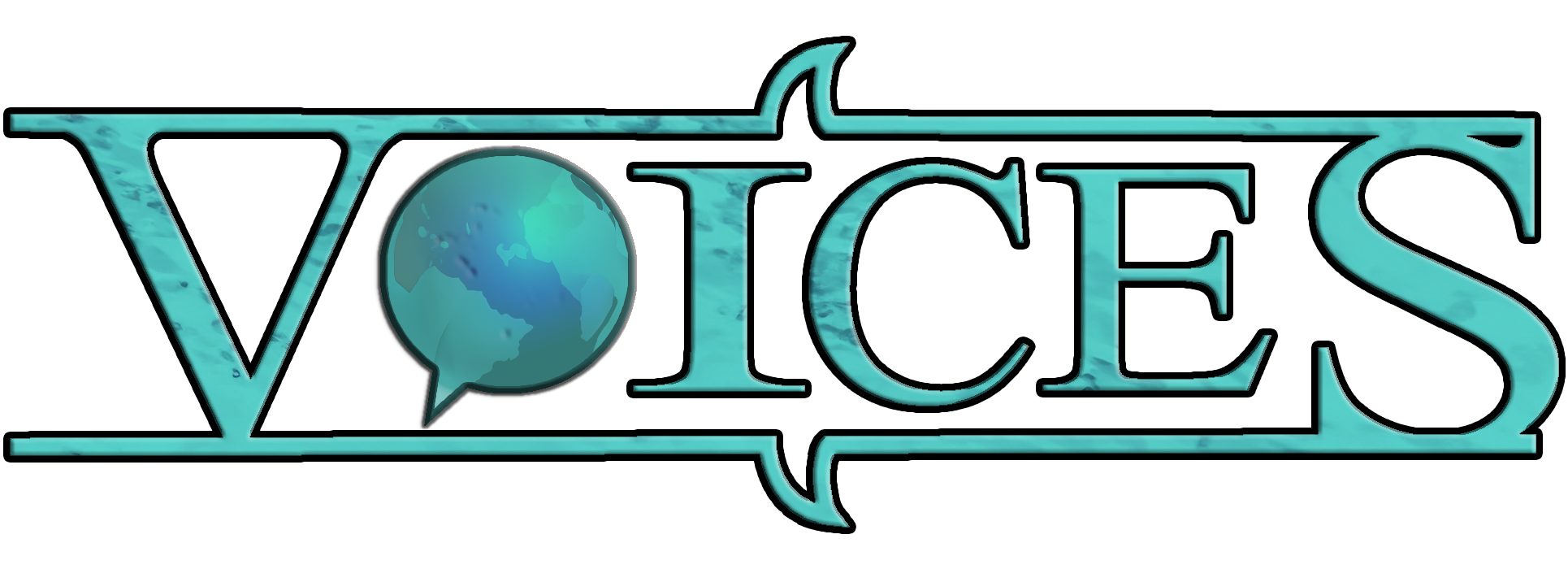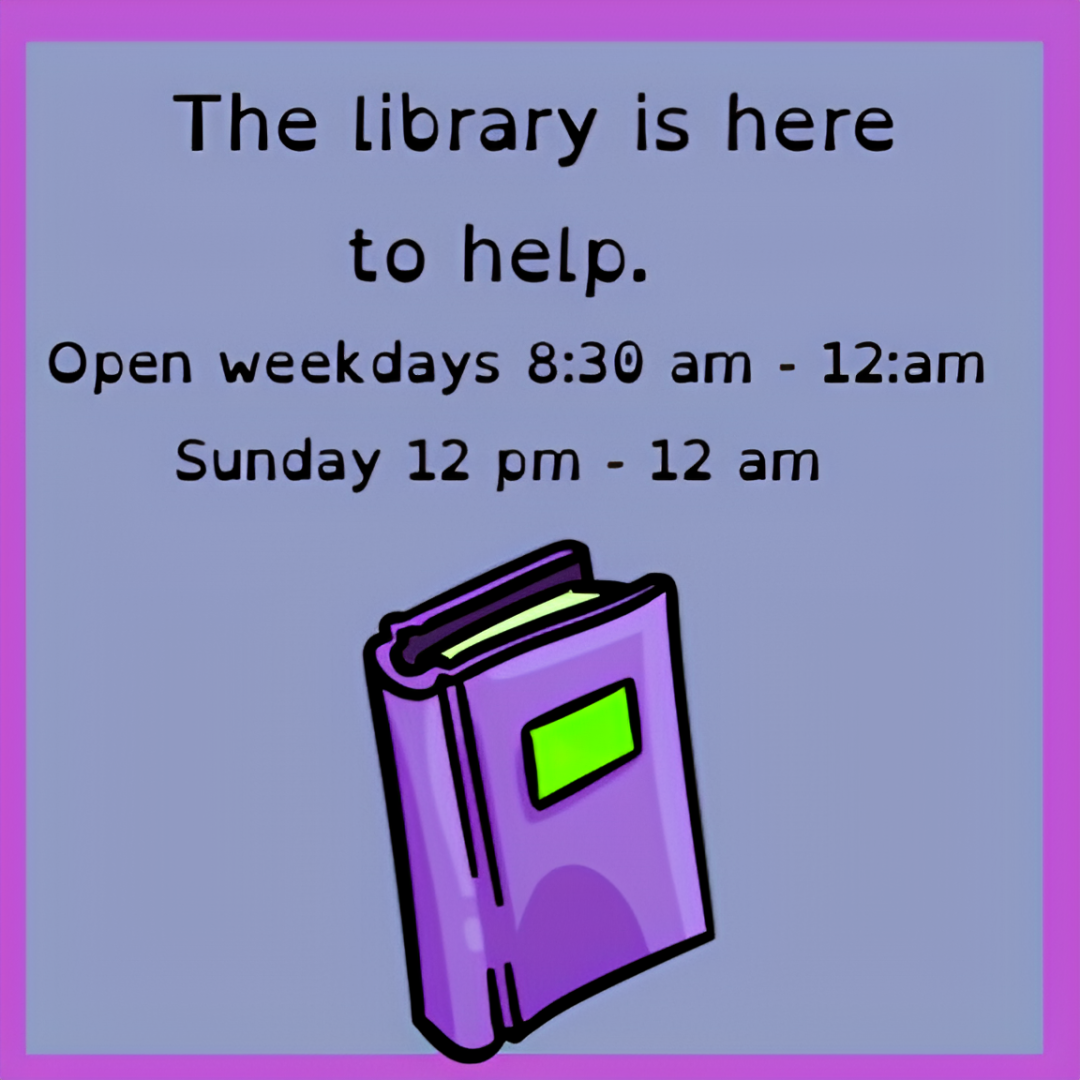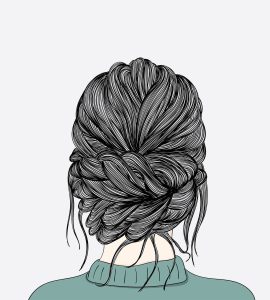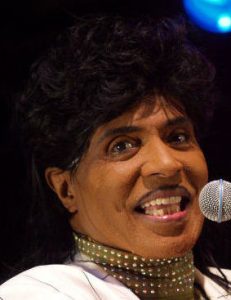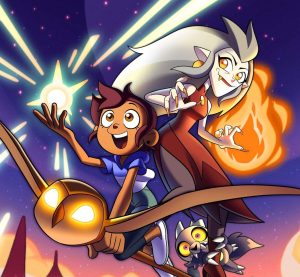Neurodiversity Spotlight – Best Buddies
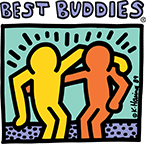
March 15, 2023
Best Buddies is an international nonprofit organization dedicated to creating opportunities for individuals with intellectual and developmental disabilities (IDD) which includes Down syndrome, Autism, Fragile X, Williams syndrome, Cerebral palsy, traumatic brain injuries, and other undiagnosed disabilities. Best Buddies seeks to end social, physical, and economic isolation and empower the special abilities of people with IDD. Their programs help people form friendships with peers, find successful jobs, live independently, improve public speaking, self–advocacy, and communication skills, and feel valued by society.
The main goals of Best Buddies are shown in its four mission pillars which represent One–to–One Friendships, Integrated Employment, Leadership Development, and Inclusive Living. The vision of the organization is a world where people with IDD can successfully integrate into schools, workplaces, and communities without the need for the services that Best Buddies offers. Until then, Best Buddies will continue to educate middle school, high school, and college students, community members, corporations, and employers about the needs and abilities of people with IDD.
Best Buddies offers Friendship Programs in middle schools, high schools, and colleges to help form meaningful connections with peers by building one–to–one friendships between people with and without IDD. They also provide a program for adults who aren’t in a school environment and the e–Buddies program for online connections and developing computer literacy.
Adults with IDD can participate in the Jobs Program, which matches skilled and qualified individuals with IDD to hiring businesses. Best Buddies assists with the hiring process and provides ongoing support to the employee and employer.
In the Leadership Development Programs, Best Buddies educates and empowers people with and without IDD to improve leadership, public speaking, self–esteem, confidence, and advocacy. People with or without IDD can become Ambassadors to advocate in communities, workplaces, and the government, for themselves, their peers, and Best Buddies. Promotors in the program organize events that promote awareness of the disability rights movement and help open new chapters and programs.
The Living Program fosters integrated living for people with and without IDD to become active contributing citizens and learn to live independently. There are currently two operating living residences for this program, one in Washington, D.C., and one in Miami, Florida.
Best Buddies seeks to end discrimination of IDD and provides support to help people find friends, jobs, homes and help them self–advocate. Even though Best Buddies primarily serves people with IDD, they allow people without IDD to participate in friendship programs and become ambassadors to learn about and educate others about IDD. The programs, events, and presentations they offer encourage understanding, empathy, and positivity about IDD. The staff and volunteers of Best Buddies do their best to provide a welcoming environment and include everyone with or without IDD. As a result, many participants of Best Buddies feel valued and heard and claim the organization changed their life.
From personal experience, having participated in the Friendship Program during my time in high school, I had many good experiences with it. Though at the time I was shy and socially isolated toward anyone outside my friend group, I always looked forward to Best Buddies events because I felt like I could express myself without being judged and had an easier time talking to people. At the time, it felt like the one place I belonged and felt welcomed. It also gave me a greater insight into what challenges a person might have and how they’re treated by society for it, which sparked my interest in learning more about neurodiversity.
One thing I noticed during my time in the program was that me and my friends, who were also involved, were sort of like black sheep compared to other participants. Because our conditions were less visible compared to others, I noticed most people with IDD had much different life experiences, with slower–paced learning in schools, social isolation, being treated like children by society, and having trouble speaking for themselves or at all. This was when my mom explained to me the labels of low–functioning and high–functioning in neurological conditions and how they affect your quality of life. But having interacted with and bonded with many people through Best Buddies, I realized that despite differences in communication, intelligence, or development, we are all equal and deserve the same opportunities as everyone else.
I hope Best Buddies reaches their goal of successfully integrating IDD into society and their services no longer being needed. Their programs have proven that individuals with IDD can be successful, live independently, and find jobs despite what some may think. I believe that no matter how much you might struggle with, everyone has something to offer in this world that shouldn’t go to waste because of societal restrictions.
